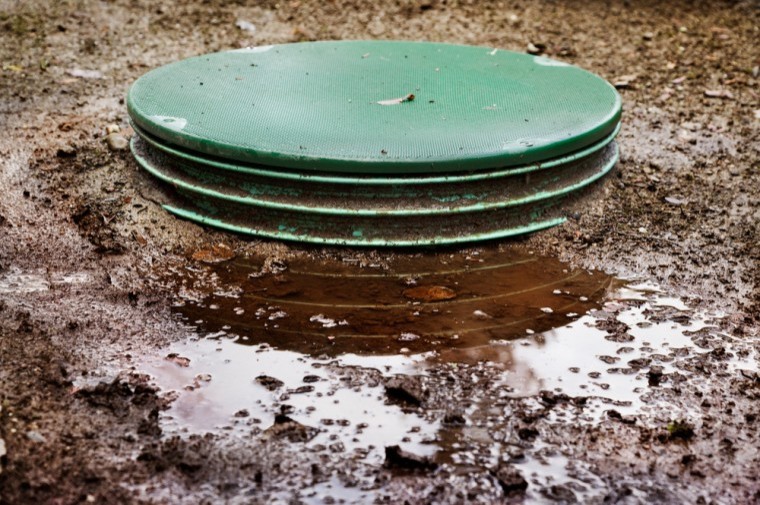Rural property specialists Bruton Knowles say many of the region’s rural homes, farms and big estates now have to follow new rules introduced at the beginning of 2015 to ensure they can still operate septic tanks without a permit.
Naomi Quick at Bruton Knowles’ Guildford office said: “Some people with septic tanks or small scale sewage plants will now have to get permits if they are close to areas that have been designated as ‘sensitive’ by the Environment Agency (EA).”
Others will have to follow new rules – called the general binding rules – to ensure they do not need a permit. Back in 2011 the EA proposed new regulations which would have required people to register their systems.
“Although this went ahead in Wales it was felt in England that it added unnecessary regulation,” said Ms Quick, “The new rules, just introduced follow a consultation and are aimed at making things simpler.
“Most people won’t need to do anything if they are already maintaining their septic tank or treatment plant. The changes mean they will no longer need to keep records of maintenance. But they will need to make sure they continue to be maintained properly.
“Of course it can be complicated where more than one property discharges into the same septic tank. Householders need to check where responsibilities lie.
Landowners should check whether a permit is necessary as the designation of ‘sensitive area’ is not always obvious. Septic tanks or discharges into coastal areas and wetlands are almost certain to require a permit, but the new rules also apply to ancient woodlands.
Septic tanks or sewage systems in sites of special scientific interest designated for biological reasons need permits. Scheduled monuments, local nature reserves and wildlife sites don’t necessarily need permits.
“If a property is sold the operator must give the new operator a written notice stating that a small sewage discharge is being carried out and giving a description of the waste water system and its maintenance requirements,” Ms Quick added.




